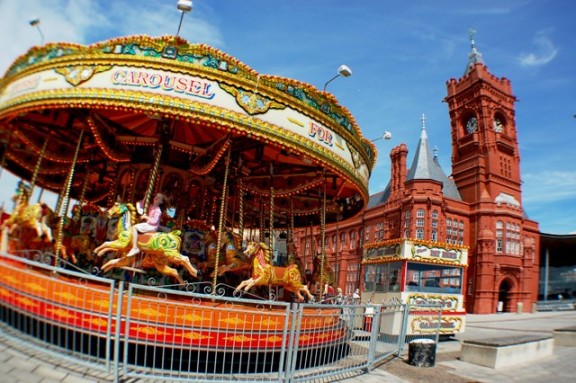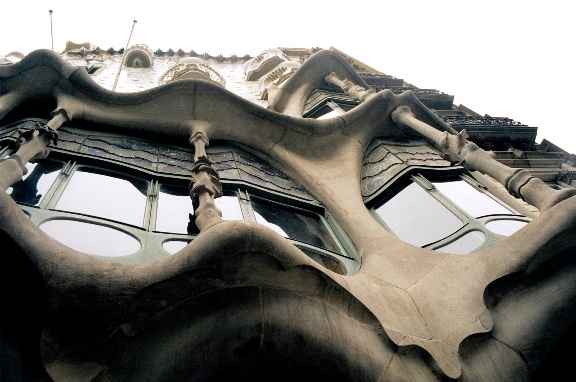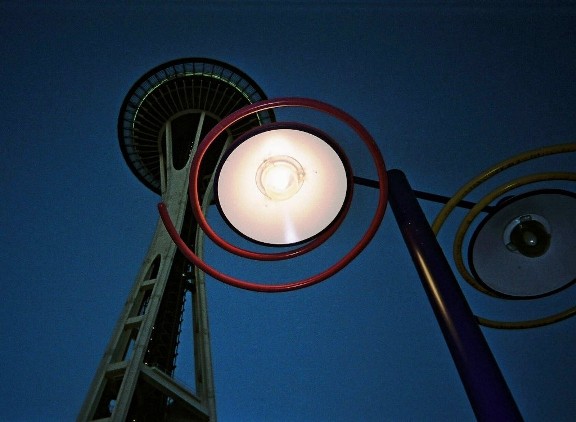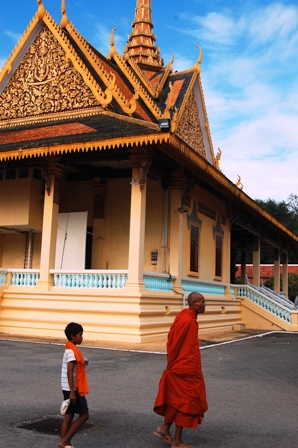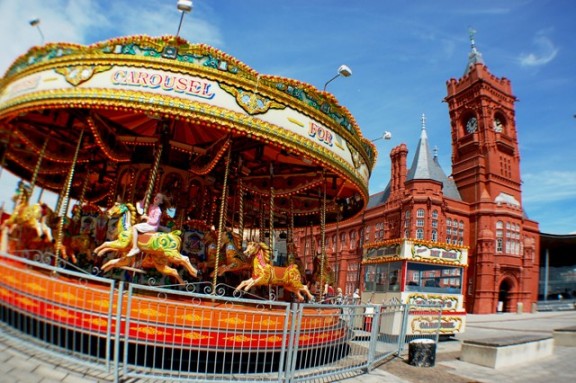TAKING UNIQUE PHOTOS of landmarks can be very challenging because postcard icons such as the Eiffel Tower and the Grand Canyon have been shot thousands of times and are instantly recognizable.
Here are a few tips to help you get interesting shots of the same old sights:
Switch your vantage point.
Change your perspective on the subject. Chances are the more common angles you will come across are the full-on shots with people smiling (and sometimes waving) towards the camera.
Try a more unconventional approach by photographing the building or landmark at an angle or a different perspective than you normally would.
Take this example of Gaudi’s famous Casa Batlló. By shooting tightly from the bottom up, it created a more interesting picture. Direct shots of buildings and statues hardly ever make great travel photographs unless you get up really close to your subject.
